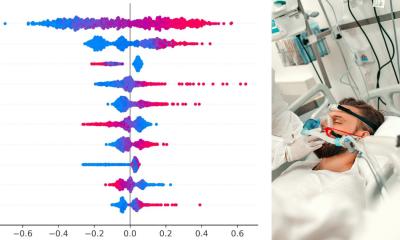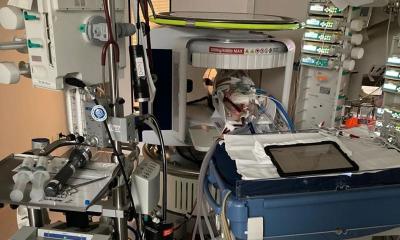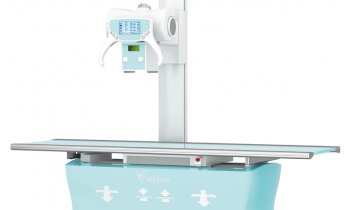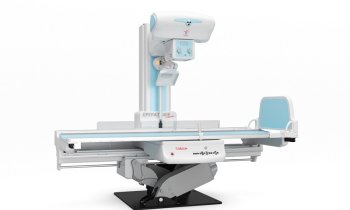Paediatrics
New for paediatric intensive care
Critically ill children hospitalised with traumatic injuries have a high risk of acquiring nosocomial infections, especially if their immune function is impaired. A nosocomial infection, such as sepsis, can become as deadly as a traumatic injury, the leading cause of death in children.
Report: Cynthia E Keen

Clinical scientists at Nationwide Children’s Hospital in Columbus, Ohio, have identified an immune marker that predicts the risk of a paediatric patient developing a nosocomial infection. Physicians can more closely monitor these highly susceptible patients and more rapidly perform immune function tests.
Immune system impairment is measurable and characterised by a reduced ability of whole blood to produce the pro-inflammatory cytokine tumour necrosis factor alpha (TNF-alpha) that fights infection. Lower TNF-alpha production capacity has also been associated with adverse outcomes for children with influenza, cardiopulmonary bypass, and organ dysfunction syndrome.
[Bild-1]Principal investigator Dr Mark W Hall, chief of the critical care medicine division and director of the Immune Surveillance Laboratory, and colleagues, have spent more than a decade studying the immune systems of critically ill children, including collaborative work with Dr Hans-Dieter Volk of the Department of Medical Immunology at Charité University Medicine Berlin.
Their most recent study (pub. online 21/6/2014 in Shock) analysed the immune systems of 21 healthy children and 76 critically injured children admitted to the PICU. Sixteen critically injured patients (21%) developed nosocomial infections within 14 days of admission. All had lower TNF-alpha production capability (< 520 pg/ml compared to a median 1297 pg/ml measured in the healthy control group).
Half the patients also received at least one red blood cell transfusion. The researchers also discovered that children who had a transfusion with blood stored for more than two weeks demonstrated a lower level of TNF-alpha production than children who received blood stored for 1-13 days. Potentially, this finding could change blood selection for transfusions in patients identified at high risk for infection. ‘It’s not yet clear if blood transfusions are immunosuppressive, but our work so far suggests that blood may become more immunosuppressive the longer it sits on a shelf,’ Dr Hall explained. Currently, ABC PICU, an international clinical trial being conducted by the other investigators comparing the clinical consequences of red blood cell storage duration (NCT01977547), is recruiting paediatric patients to determine if fresher blood will help improve outcomes.
Additionally, Dr Oliver Karam, attending physician at Geneva University Hospital’s neonatal and paediatric critical care unit, heads a clinical trial that started in April 2014 to assess the effect of plasma transfusions on critically ill children. This international initiative has enrolled more than 100 hospitals in 22 countries, and will be the largest paediatric study on transfusion medicine ever undertaken, Dr Karam told European Hospital. Patients are still being recruited, with information at http://www.plasmatransfusion.org/’www.plasmatransfusion.org.
These are among several activities of members of the Paediatric Critical Care Blood Research Network (http://www.bloodnetresearch.org www.bloodnetresearch.org), a coalition of predominantly Canadian and U.S. researchers, but which is intended to have a global reach.
‘Continuing research is so important,’ Dr Hall stressed. ‘Paediatric hospitals have made headway in reducing preventable infections; but what we learned from our study is that it’s important to consider each individual patient’s immune system and how well the patient can fight off infection. We believe that critical illness- and injury-related immune suppression may be reversible and help our patients recover more rapidly.’
31.10.2014









